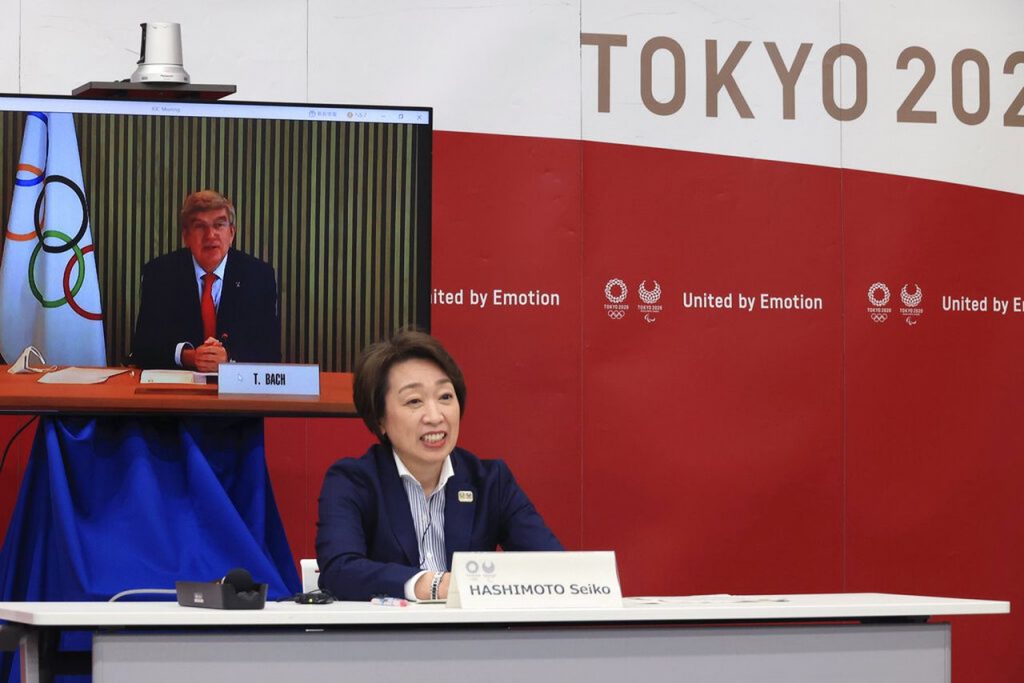
The decision was announced Saturday after an online meeting of the International Olympic Committee, the Japanese government, the Tokyo government, the International Paralympic Committee and local organizers.
Officials said the risk was too great to admit ticket holders from overseas during a pandemic. The Japanese public also has opposed fans from abroad. Several surveys have shown that up to 80% oppose holding the Olympics, and a similar percentage opposed fans from overseas attending.
Japan has attributed about 8,800 deaths to COVID-19 and has controlled the virus better than most countries.
“In order to give clarity to ticket holders living overseas and to enable them to adjust their travel plans at this stage, the parties on the Japanese side have come to the conclusion that they will not be able to enter into Japan at the time of the Olympic and Paralympic Games,” the Tokyo organizing committee said in a statement.
Organizers said 600,000 tickets were sold to fans from outside Japan. They have promised refunds, but this will be determined by so-called authorized ticket resellers that handle sales outside Japan. These dealers charge fees of up to 20% above the ticket price. It is not clear if the fees will be refunded.
The financial burden of lost ticket sales falls on Japan. The local organizing committee budget called for $800 million income from ticket sales, the third-largest income source in the privately financed budget. Any shortfall in the budget will have to be made up by Japanese government entities.

Overall, Japan is officially spending $15.4 billion to organize the Olympics. Several government audits say the actual cost may be twice that much. All but $6.7 billion is public money, and a University of Oxford study says these are the most expensive Olympics on record.
About 4.45 million tickets were sold to Japan residents. Organizers are expected next month to announce the capacity at venues, which now will be populated by only local residents.
The ban on fans from abroad comes just days before the Olympic torch relay starts Thursday from Fukushima prefecture in northeastern Japan. It will last for 121 days, crisscross Japan with 10,000 runners, and is to end on July 23 at the opening ceremony at the National Stadium in Tokyo.
In the midst of Saturday’s meeting, Bach and others were given a reminder about earthquake-prone northeastern Japan — and Japan in general.
Earthquake adds insult to decision to ban foreigners from Olympics
A strong earthquake shook Tokyo and triggered a tsunami warning as Bach and others made introductory remarks before the virtual meeting. The strength was put at 7.0 by the U.S. Geological Survey and the location was in northeastern Japan, an area hit by a huge earthquake and tsunami in 2011. About 18,000 were killed in that tragedy 10 years ago.
“I think the screen is shaking. Have you noticed the screen is shaking,” Tamayo Marukawa, Japan’s Olympic minister, said as she made her presentation from Tokyo talking remotely to Bach visible on a screen in Switzerland. “We’re actually in the midst of an earthquake right now.”
